5 Benefits of Trusted HVAC Maintenance
In the modern world, Heating, Ventilation, and Air Conditioning (HVAC) systems are essential for maintaining comfortable indoor environments. These systems provide a balance of temperature control, air quality, and energy efficiency, creating environments in which people can thrive. However, like any complex system, they require regular care to function optimally.
Neglecting HVAC maintenance can lead to decreased performance, higher energy costs, and potentially hazardous conditions. According to Workyard, residential HVAC systems account for nearly 40% of the market, with a strong emphasis on air conditioning systems, particularly in regions with extreme seasonal climates. This article explores the numerous benefits of trusted HVAC maintenance and why it is a critical investment for homeowners and businesses alike.
1. Enhanced Energy Efficiency
Regular cleaning is a fundamental aspect of maintaining HVAC efficiency. Dust and debris buildup obstruct airflow, forcing the system to work harder and consume more energy. Trusted HVAC maintenance ensures all components are clean, reducing strain on the system and improving performance. Professionals can remove dirt from coils, fans, and vents, helping your system operate at peak efficiency and extending its lifespan.
Optimizing Thermostat Settings
Proper thermostat management is another key energy-saving strategy. Modern programmable and smart thermostats allow precise scheduling, so heating or cooling is active only when needed. Optimized settings prevent energy waste during non-peak hours or while the home is unoccupied. Over time, this approach can significantly reduce utility costs while maintaining consistent comfort levels throughout the home.
Inspecting and Replacing Air Filters
Clogged air filters are a major contributor to reduced energy efficiency. Routine inspection and timely replacement of filters during HVAC maintenance ensure proper airflow and reduce energy usage. Clean filters also trap dust, pollen, and other pollutants, improving indoor air quality while lowering operational costs.
Sealing and Insulating Ductwork
Leaky ducts waste energy by allowing conditioned air to escape before reaching its destination. HVAC maintenance includes duct inspection, sealing, and insulation, which help maintain desired temperatures efficiently. Properly insulated ductwork is especially important in attics or basements, where thermal loss is more likely. These measures enhance system efficiency and reduce energy consumption.
Identifying and Repairing Leaks
Leaks in refrigerant lines or ductwork can force your HVAC system to work harder than necessary. Routine inspections by trained professionals can detect and repair these leaks early, preventing energy waste and protecting equipment from additional strain. Proactive leak management saves money and energy while keeping your system operating optimally.
2. Prolonged Equipment Lifespan
Regular preventive maintenance extends the lifespan of HVAC equipment. Technicians can identify minor issues before they evolve into costly repairs, lubricate moving parts, tighten electrical connections, and calibrate system controls. These check-ups minimize wear and tear, allowing your system to run smoothly and reliably for years.
Reducing Wear and Tear Through Routine Maintenance
Routine servicing reduces mechanical stress by keeping components such as motors and belts in optimal condition. By reducing friction and strain, HVAC maintenance prevents premature failure, ensuring consistent performance. This comprehensive care allows homeowners to enjoy a durable, reliable heating and cooling system with fewer interruptions.
Early Detection of Potential Issues
Early detection is a cornerstone of trusted HVAC maintenance. Professionals can identify unusual noises, airflow inconsistencies, or temperature fluctuations that may indicate emerging problems. Addressing these issues early prevents extensive damage and costly repairs, while extending equipment longevity.
Scheduled Component Replacements
HVAC components like compressors, fan motors, and capacitors have limited lifespans. Scheduled replacements during routine maintenance prevent unexpected breakdowns and keep systems running efficiently. Following a professional replacement schedule ensures smooth operation and avoids costly emergency repairs.
Using Quality Replacement Parts
High-quality replacement parts are essential for maintaining system performance. Trusted HVAC maintenance ensures that only compatible, manufacturer-approved parts are used. Investing in quality components reduces future breakdowns and supports long-term system efficiency, providing peace of mind to homeowners and business owners alike.
3. Improved Indoor Air Quality
Advanced air filters with higher MERV ratings trap more dust, pollen, and allergens. Regular HVAC maintenance ensures filters are upgraded and replaced when necessary, contributing to healthier indoor air. Clean filters help prevent respiratory problems and improve comfort for all occupants.
Regular Duct Cleaning
Ducts can accumulate dust, mold, and other pollutants over time. Professional duct cleaning during HVAC maintenance removes these contaminants, enhancing air quality and system efficiency. Clean ducts ensure even airflow and reduce potential health hazards in your home or business.
Ventilation System Upgrades
Modern ventilation technologies, including energy recovery ventilators and air exchangers, improve air circulation and maintain energy efficiency. Trusted HVAC maintenance ensures these systems operate effectively, exchanging stale indoor air with fresh outdoor air to improve comfort and reduce indoor pollutants.
Controlling Humidity Levels
Proper humidity control is critical for comfort and health. Excess moisture promotes mold growth, while low humidity can cause dry skin and respiratory issues. HVAC maintenance ensures humidity levels are properly managed through system settings or integrated humidifiers and dehumidifiers, maintaining a balanced indoor environment.
Integrating Air Purifiers and Cleaners
Air purifiers and cleaners complement HVAC systems by targeting specific pollutants such as VOCs or allergens. Trusted maintenance professionals can recommend and install these devices, creating an additional layer of protection for indoor air quality.
4. Cost Savings on Repairs and Utilities
Regular HVAC maintenance identifies minor issues before they escalate into major problems, avoiding expensive repairs or replacements. Proactive inspections reduce energy consumption and prevent unexpected system downtime, saving both money and stress.
Reducing the Need for Emergency Repairs
Emergency HVAC repairs are costly and inconvenient. Maintenance reduces the likelihood of sudden failures, allowing for planned service visits that fit your schedule and budget. This proactive approach ensures consistent system performance without surprise expenses.
Lowering Utility Bills Through Efficient Operation
Efficient HVAC systems use less energy, translating into lower utility bills. Routine maintenance, including cleaning components and sealing leaks, ensures the system operates at peak performance. Over time, these efforts can result in significant savings for homeowners and businesses.
Accessing Discounts and Maintenance Offers
Many HVAC providers offer loyalty discounts, service plans, and special promotions for regular customers. These incentives make professional maintenance affordable while ensuring that systems receive consistent care.
5. Enhanced Home Comfort
Trusted HVAC maintenance ensures consistent temperature control throughout the home, creating a comfortable living environment no matter the season. Regular inspections and tune-ups help heating and cooling systems respond efficiently to changes in outdoor temperatures, preventing hot or cold spots in different areas of the home.
Ensuring Even Airflow Throughout the Home
Proper airflow prevents hot and cold spots, creating a balanced indoor environment. Regular HVAC maintenance ensures vents, ducts, and fans are functioning correctly, delivering consistent air to every room.
Quiet System Operation
Unusual noises often indicate mechanical issues. Maintenance addresses these problems, ensuring systems run quietly and efficiently, contributing to a peaceful living environment.
Smart Home Integration
HVAC maintenance ensures compatibility with smart home technology. Systems can be controlled remotely, adjusted for occupancy, and automated for energy efficiency. This modern integration enhances convenience and overall home comfort.
Trusted HVAC maintenance is essential for energy efficiency, equipment longevity, indoor air quality, cost savings, home comfort, and environmental sustainability. According to Workyard, with residential HVAC systems comprising nearly 40% of the market, particularly in areas with extreme seasonal climates, proper care of these systems is more important than ever. Regular maintenance protects your investment, enhances comfort, lowers utility bills, and reduces your environmental footprint.
Don’t wait for problems to arise—prioritize HVAC maintenance today by contacting Titan Air Conditioning & Heating to protect your comfort, save money, and support sustainable living.
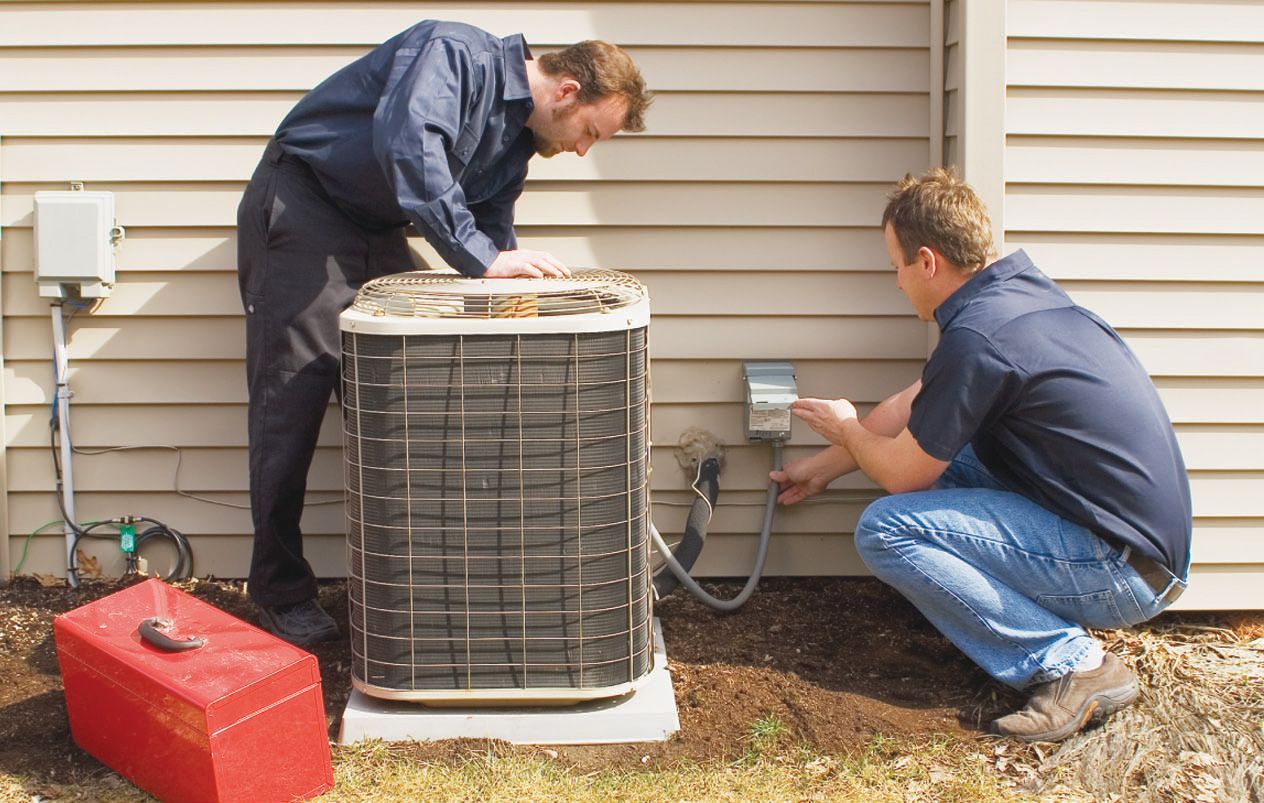
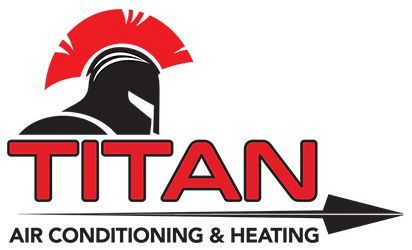
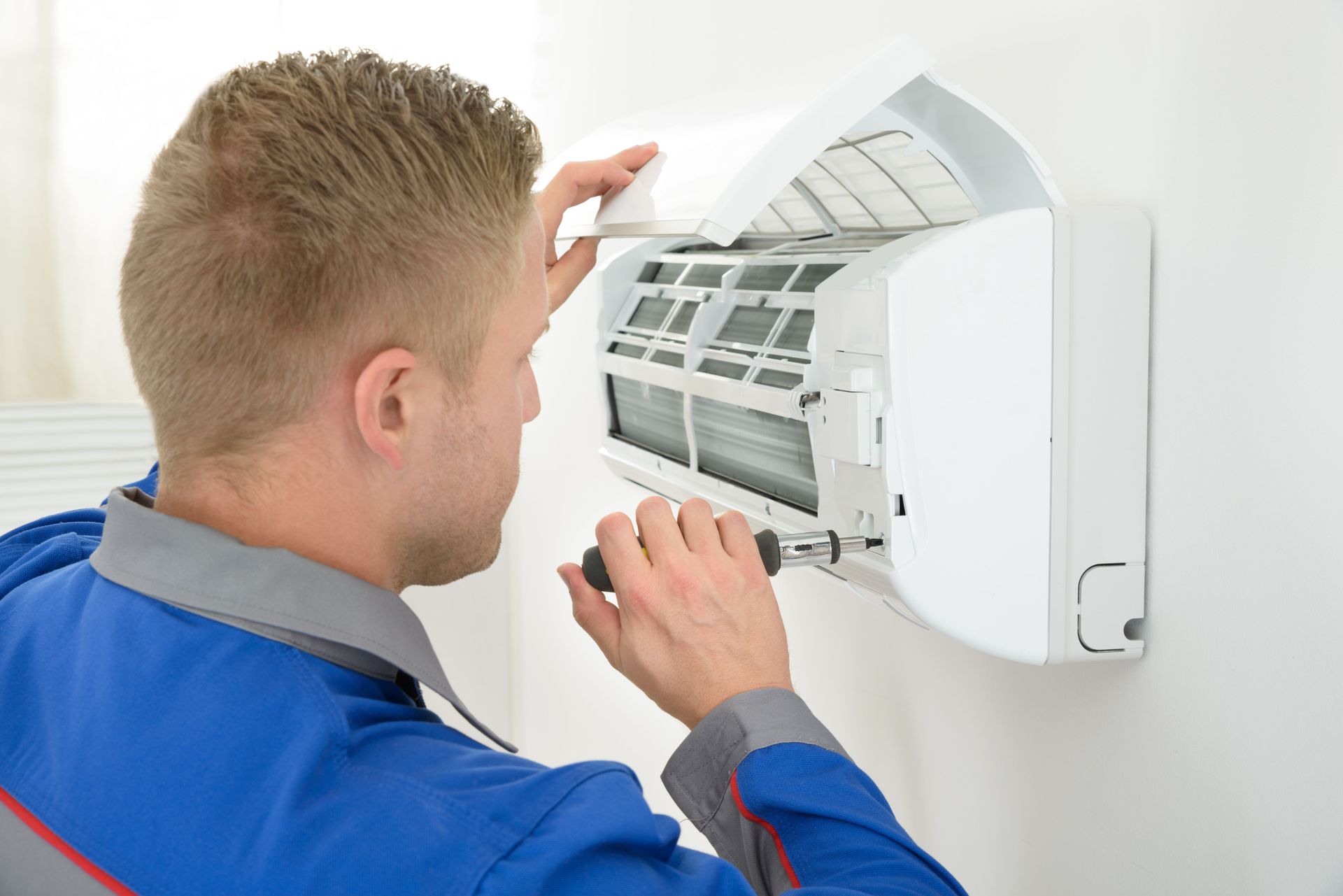
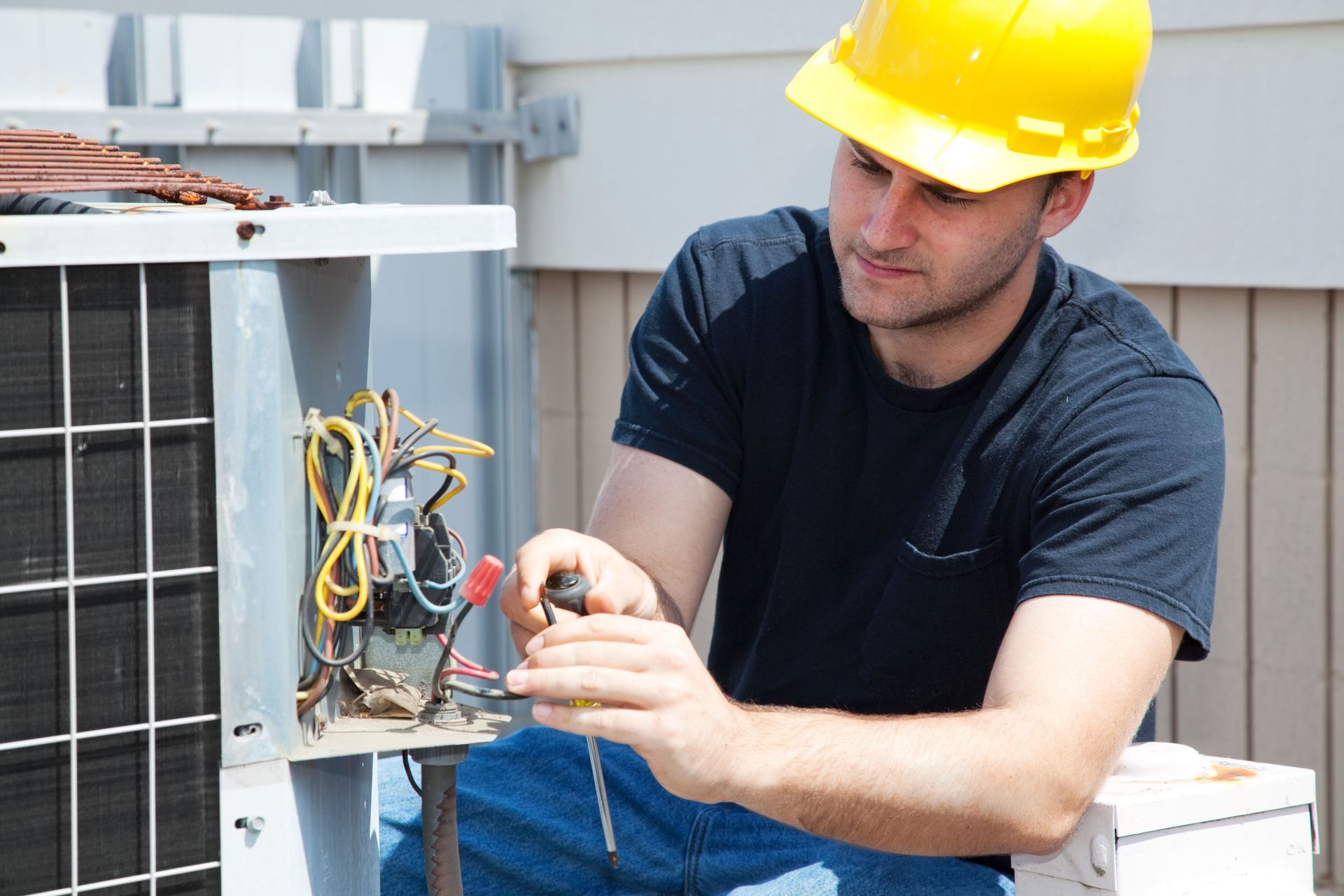
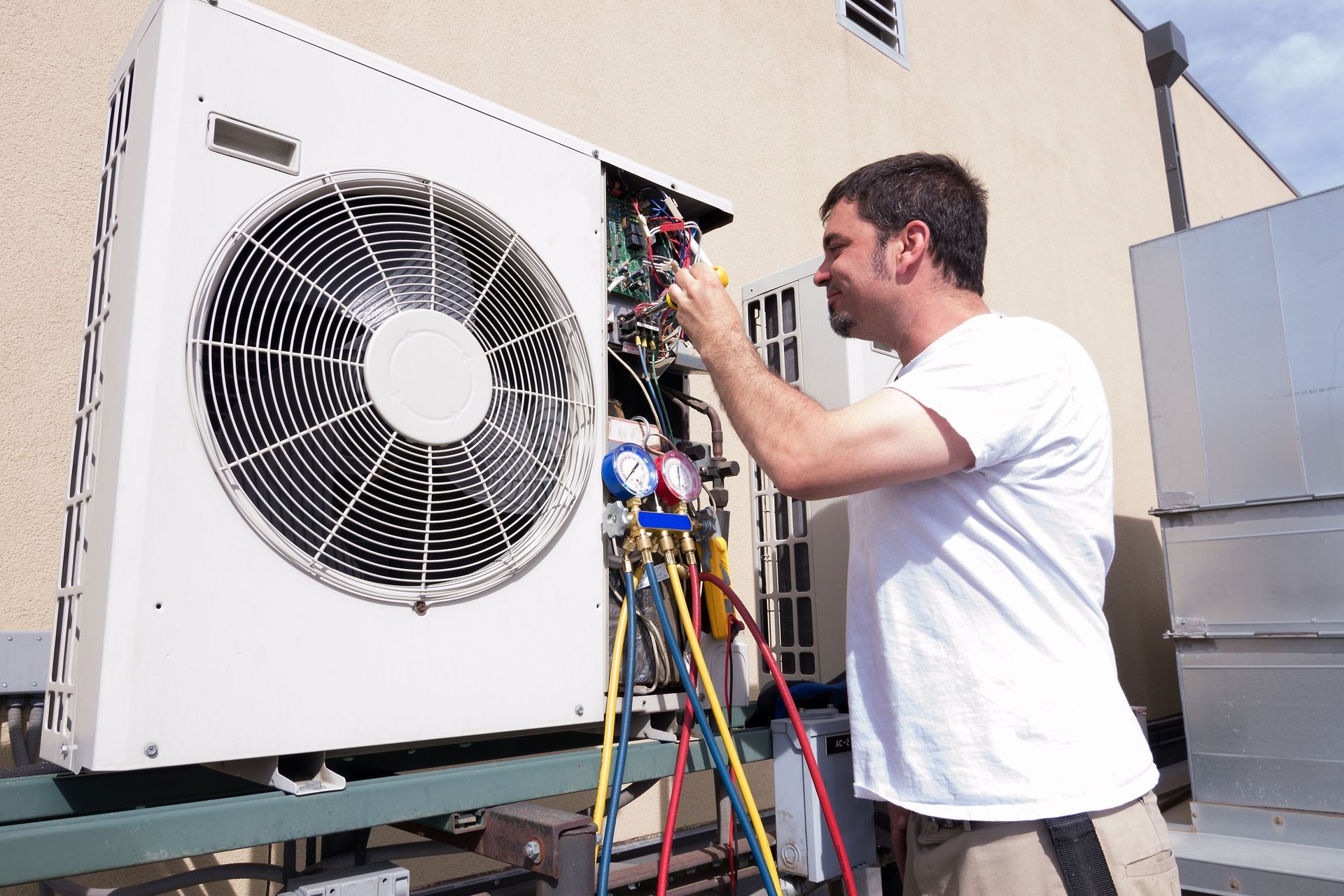
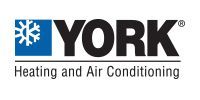
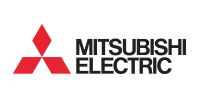
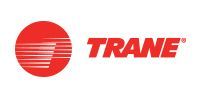
Share On: